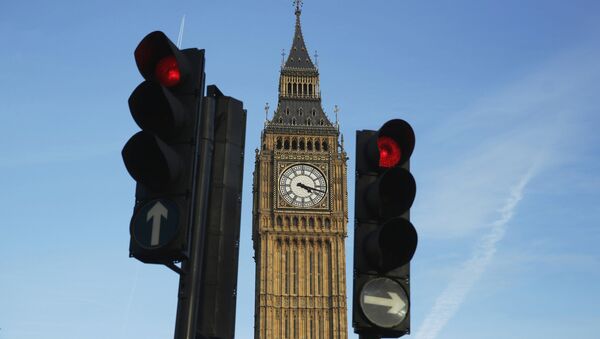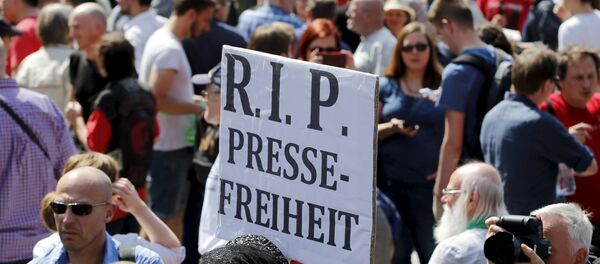"Infringements of the DSMA code, and before that the DA (Defense Advisory) Notice and D Notice codes, are rare but do happen, albeit in the main inadvertently. It is part of the DSMA compact between Government and the [UK] national media that DSMA advice should be sought on issues which fall within the guidelines of one or more of the DSMA Notices," Air Vice Marshall Andrew Vallance said. "Only then will an editor be aware of where the true and complete public interest lies."
The DSMA committee is chaired by Peter Watkins, the Director General of Security Policy at the Ministry of Defense. The committee routinely issues "advice" to all UK media, including book publishers, on content that may be regarded by the Committee as a potential threat to UK national security interests. The Secretariat of the DSMA are comprised entirely of senior military officers.
Vallance declined to say what prompted yesterday’s notice to editors but made reference to NSA whistleblower Edward Snowden and his initial disclosures published in The Guardian newspaper in 2014.
Vallance stated that following publication of the Snowden revelations detailing the mass surveillance of the public by US and UK intelligence services The Guardian’s editors were persuaded that it was in their own as well as the public's interest "to work with us before making future disclosures."
"The process culminated with the Deputy Editor of The Guardian — Paul Johnson — joining the then DPBAC (now DSMA Committee) as a member of the Media Side," Vallance said.
In 2013, Edward Snowden started revealing classified documents, disclosing the mass surveillance of personal data by Britain's Government Communications Headquarters (GCHQ) together with the National Security Agency (NSA) of the United States.






